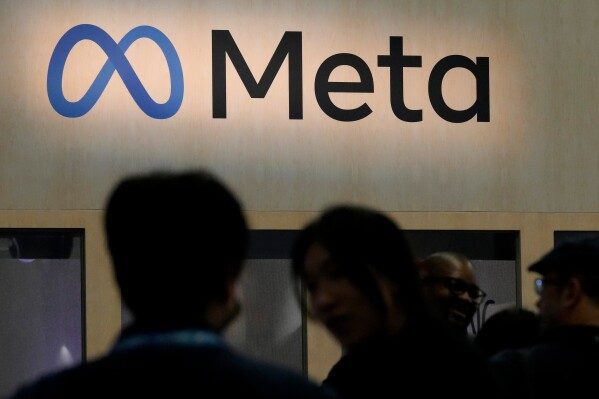Meta Platforms has won an antitrust case in the U.S. challenging its acquisitions of Instagram and WhatsApp. U.S. District Judge James Boasberg dismissed claims by the Federal Trade Commission (FTC) that these purchases created a social media monopoly.
The FTC had argued that Meta unlawfully reduced competition by buying rivals, but the judge ruled the agency did not prove Meta holds monopoly power.
The court highlighted the fast-changing social media landscape, with apps rising and falling in popularity and new features constantly emerging.
“The Court ultimately concludes that the agency has not carried its burden: Meta holds no monopoly in the relevant market,” Judge Boasberg said.
Meta’s market share appears to be declining, countering the FTC’s arguments. The judge also noted the FTC had previously approved the acquisitions and disputed claims that Meta overpaid.

The ruling prevents the forced breakup of Meta and allows it to keep Instagram and WhatsApp, which remain central to its business. Meta praised the decision, emphasising the benefits its products offer to users and businesses and their role in American innovation.
The FTC has expressed disappointment and is considering appeal options. Legal experts noted the difficulty of proving antitrust violations in a rapidly evolving sector, especially when platforms like TikTok and YouTube exert strong competitive pressure.
Beyond this case, Meta’s CEO Mark Zuckerberg and Instagram chief Adam Mosseri are scheduled to testify in forthcoming litigation alleging that social media companies design platforms to be addictive despite mental health risks.

